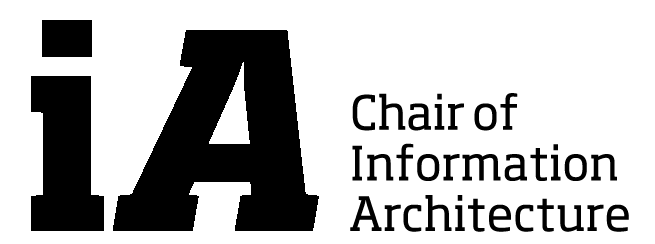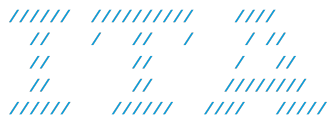Creative Data Mining Timetable
Open this post to get to the timetable of this course.
L01 – Introduction to the course
Dr. Reinhard König, Estefania Tapias / Introduction to the course
L05_Measuring Urban Microclimate I
Estefania Tapias Pedraza / Measuring Urban Microclimate I
L06_ Measuring Urban Microclimate II
Estefania Tapias Pedraza / Measuring Urban Microclimate II
MOOC I Future Cities
Understanding a city as a whole, its people, components, functions, scales and dynamics, is crucial for the appropriate design and management of the urban system. Future Cities is now also available as a Massive Open Online Course on the edX platform, for anyone interested in following a serious lecture series about the topic.
MOOC II Livable Future Cities
“Livable Future Cities” is the second Massive Urban Online Course in a series of MOOCS under the title “Future Cities”. The series aims to bring the latest research results on planning, managing and transforming cities to those places in the world where this knowledge has the highest benefit for its citizens.
Guest Lecture 10/09/2015 – PROFESSOR YEHUDA Kalay
SIMULATING HUMAN BEHAVIOUR IN YET UN-BUILT ENVIRONMENTS Current building models, including BIM, support only evaluations based on physical and material characteristics of the building. The talk presents research that aims to remedy that shortcoming by developing a comprehensive building modeling method, which will allow simulation of human behaviour in future buildings, thus help designers and their clients make better decisions about the future product.


